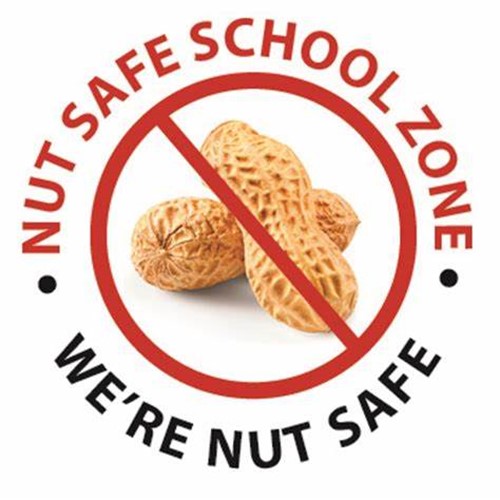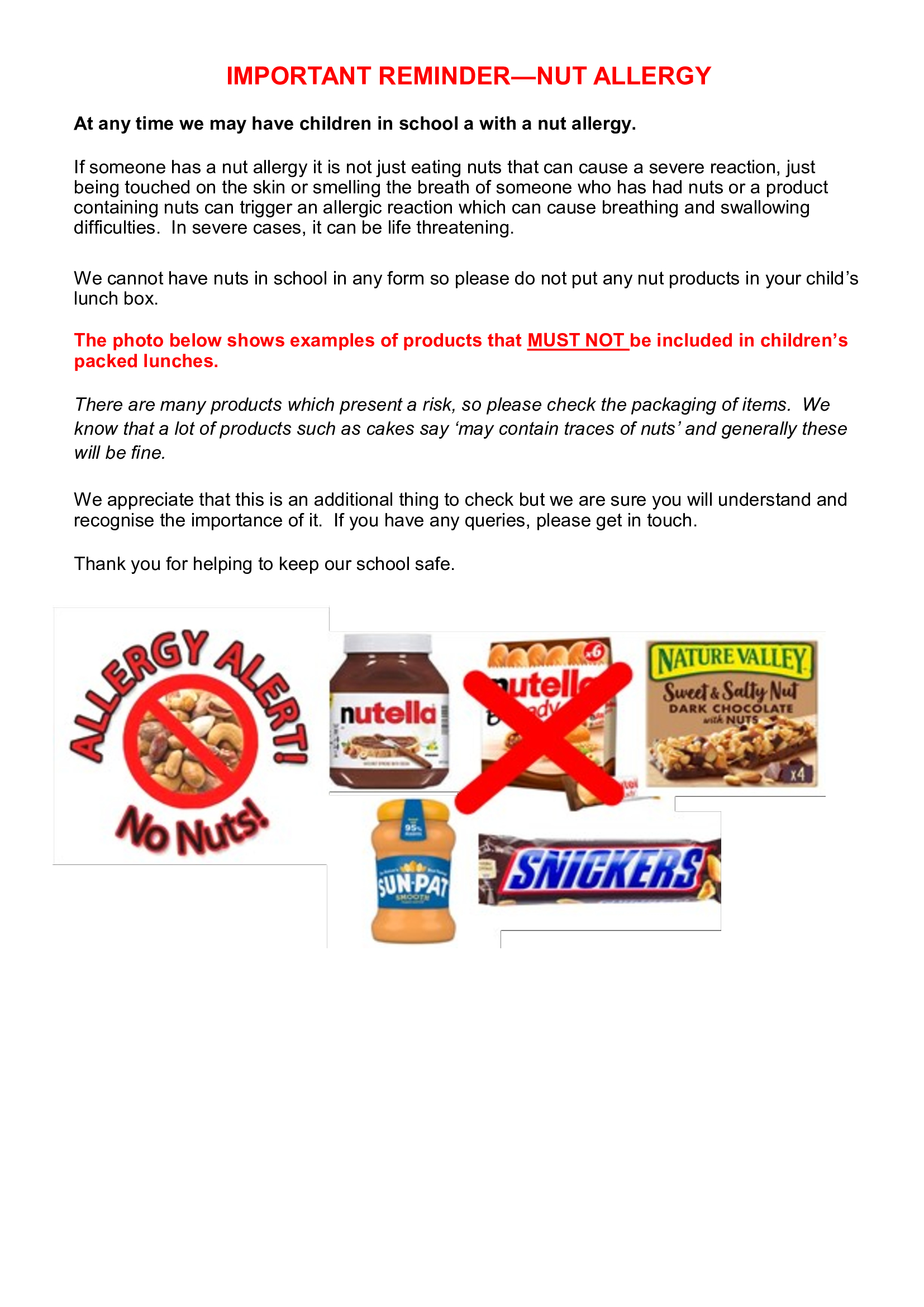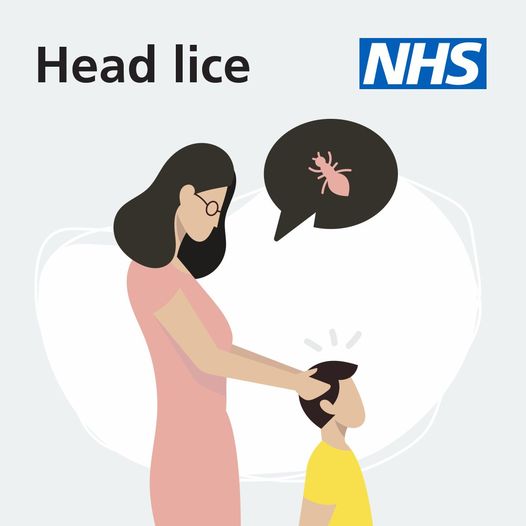We understand that it can be tricky deciding whether or not to keep your child off school when they are unwell.
Follow this advice on when to keep your child home:
http://nhs.uk/live-well/is-my-child-too-ill-for-school.

We understand that it can be tricky deciding whether or not to keep your child off school when they are unwell.
Follow this advice on when to keep your child home:
http://nhs.uk/live-well/is-my-child-too-ill-for-school.
If your child has an accident at school, he/she will be treated immediately by a qualified school first aider. If an injury is serious, we may take your child to hospital for treatment. You will be informed if this happens. You will always receive a First Aid slip indicating the nature of your child’s injury and the treatment provided.
On very rare occasions, we may ask you to come to school to collect your child due to illness. We do not have a Nurse based at the school.
If your child is ill or suffering from a contagious disease please do not send him or her to school as this will assist in the prevention of the illness spreading to others.
If your child is absent from school with sickness and diarrhoea as a result of a virus or gastroenteritis they must be kept off school for 48 hours following the last episode.
Your child may see the school doctor or school nurse regularly for a general medical, weight and height checks and again for hearing and vision checks.
We would prefer your child not to bring medication to school but if, under the instruction of a doctor, this is unavoidable we will administer prescribed medication. Please ensure the label clearly shows your child’s name, dose and time to be taken and send the medicine in original packaging. The school cannot give children non-prescribed medication. A medication form must be completed for all administered medication.
Can we please remind you that medication must NOT be sent into school with your child or put in their school bag.
All medication (including inhalers) must either be brought into school by a Parent/Carer or handed to your child’s escort, who will pass it on to the school office. This is to ensure that all medication is recorded and stored safely and securely.
The health and safety of all of our pupils is of the utmost importance and your co-operation is appreciated. Thank you.

It is vitally important that you inform the school immediately if your child suffers from any known allergy, and provide information regarding the cause and the symptoms of the allergic reaction.
WE ARE A NUT SAFE SCHOOL

The effect of asthma can be frequently underestimated, it is a serious condition and it is essential that parents inform the school if their child suffers from asthma. You will be asked to complete separate documentation. Please ensure that the school has an inhaler and volumiser for your child that can remain in school and that the inhaler is in date.
The Asthma Friendly Schools award was initiated to encourage schools to develop safe, healthy and inclusive environments for students with asthma.
An Asthma Friendly School adopts the programme strategies to support the whole school community in understanding and managing asthma.
To be recognised as an Asthma Friendly School, each school must address a set of criteria that establishes an Asthma Friendly environment and meets current legislation from the Department of Health guidelines.
These criteria are:
Benefits to becoming and Asthma Friendly school include:
Enables the school to promote its self-evaluated status to ensure that the community is aware of the school's commitment to Asthma Friendly strategies.


From time to time, some children are found to have head lice. We request that you regularly check your child’s hair. We will inform you if we notice that your child has head lice. Please treat your child at home before returning him or her to school.
For further information on Headlice, please click here:
Threadworms are a very common problem, particularly in children. It is estimated that half of all children below the age of 10 years get threadworms at some time.
For further information on threadworms, please click here:

Tel: 0333 358 3328
Email: [email protected]
Website: Telford School Nurses (shropscommunityhealth.nhs.uk)
School Nurses are qualified registered nurses or midwives with specialist training and experience, to lead on public health for children, young people and families.
School Nurses offer services to school aged children between the ages of 5 to 19 years old, inclusive of children with Special Educational Needs and Disabilities (SEND) who attend local state schools some special schools, Alternative provisions and home schooled children.
The School Nursing Service works closely with The Health Visiting Service who work with children and their families aged 0-5 years.
Shropshire, Telford and Wrekin Integrated Care System have new website that provides consistent, accurate and trustworthy healthcare advice to parents, carers of children, young people and professionals.
Shropshire, Telford and Wrekin Healthier Together is a free website developed by healthcare professionals to help parents and carers keep their children safe and healthy. The website provides clear advice and information for anyone in Shropshire, Telford and Wrekin who wants a reliable source of local information and is available by visiting www.stw-healthiertogether.nhs.uk
We’ve been asked by the Health Protection Hub at Telford & Wrekin Council to send out some information regarding whooping cough. There has been a continued increase in whooping cough (pertussis) cases at the start of this year, with 553 confirmed in England in January, compared with 858 cases for the whole of last year (2023).
Please click here for the information/guidance:
whooping-cough-information.pdf (haughtonschool.co.uk)
The Department for Education have published guidance for parents/carers as cases of measles are rising across England, including among children.
Measles is an infection that spreads very easily and for some people can cause serious problems. There’s no specific medical treatment for measles, so it’s important to get vaccinated as it’s the best protection against becoming seriously unwell. The measles, mumps and rubella (MMR) vaccine is one of the routine childhood vaccinations, so most children are already vaccinated against measles. If your child has received both doses of the vaccine, they are unlikely to have the virus.
Please here to read the information/guidance:
You can find more information about Measles on the NHS website: